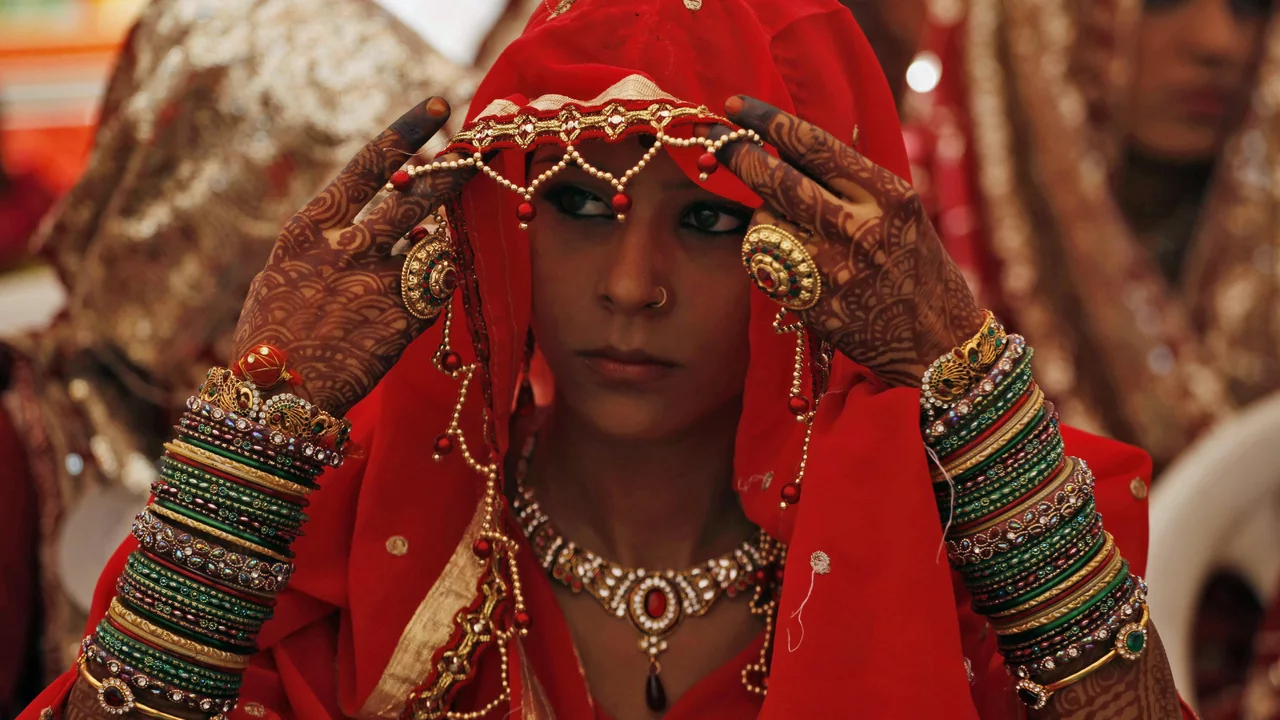Cultural Resentment: What It Means and Why It Pops Up Everywhere
Ever wonder why a simple poster or a food comment can turn into a heated argument online? That feeling of cultural resentment is behind many of the talks you see on Indian blogs and social platforms. It’s not just about one topic – it’s a mix of pride, frustration, and the urge to protect what feels personal.
How Everyday Posts Trigger Strong Reactions
Take the row over posters featuring Amit Shah and Rabindranath Tagore. On the surface it’s just two pictures on a wall, but many people see it as a clash between politics and culture. The anger comes from a sense that a beloved literary icon is being used for political gain. The same vibe shows up in posts like “Why do you hate India Being an Indian?” where the author vents about corruption and poverty while still loving the country’s heritage. The mix of criticism and love fuels resentment – readers feel the author is exposing uncomfortable truths.
Another example is the question “Do you regret being born in India?” The writer weighs challenges against cultural richness, sparking a flood of comments from those who feel judged for their nationality. When personal identity is put under a microscope, people react strongly to defend their roots.
Why Food, Media, and History Keep the Debate Alive
Food might seem harmless, but a post about “What Indian food do non‑Indians usually dislike?” taps into cultural stereotypes. People who love spicy dishes feel attacked when someone labels them as “hard to eat.” It’s a reminder that even tasty topics can become flashpoints for resentment.
Media bias also fuels the fire. Articles asking “Which Indian newspaper is relatively neutral?” or “Is the Indian news outlet ‘ThePrint’ biased?” show how trust in news sources is split along cultural lines. When readers think a paper pushes a particular agenda, they cling tighter to the outlets that echo their worldview, deepening the divide.
Even historical events matter. The story about Sanjay Gandhi’s mid‑air crash brings politics, tragedy, and personal feelings together, prompting readers to revisit old wounds and question how history is remembered.
All these posts share a common thread: they touch on something people hold dear – identity, heritage, or personal experience. When that thread is tugged, cultural resentment shows up as heated comments, shares, and sometimes outright backlash.
So, what can you do if you stumble across a heated discussion? First, pause before you jump in. Ask yourself why the topic feels personal. Second, look for the facts behind the feelings – often the argument is more about perception than reality. Finally, remember that respectful dialogue can turn resentment into understanding.
Whether you’re scrolling through a blog about car price cuts after GST 2.0 or a deep dive into why Indian girls are labeled “boring,” the underlying lesson is the same: cultural resentment thrives when people feel their identity is under threat. By staying curious, open, and calm, you can navigate these debates without getting swept away.
Why do Indian-Americans hate India and Indian culture?
Now, hold your horses, folks! The statement "Indian-Americans hate India and Indian culture" is a bit of a stretch, don't you think? From my experience, it's more about the struggles of balancing two cultures - the vibrancy of their Indian heritage with the American Dream they're living. Sure, there can be frustrations about certain social norms and bureaucracy back home, but hate is a strong word! Let's remember, Indian-Americans have the best of both worlds - Bollywood dance moves and baseball, curry and burgers! So, let's not jump to conclusions, shall we?
